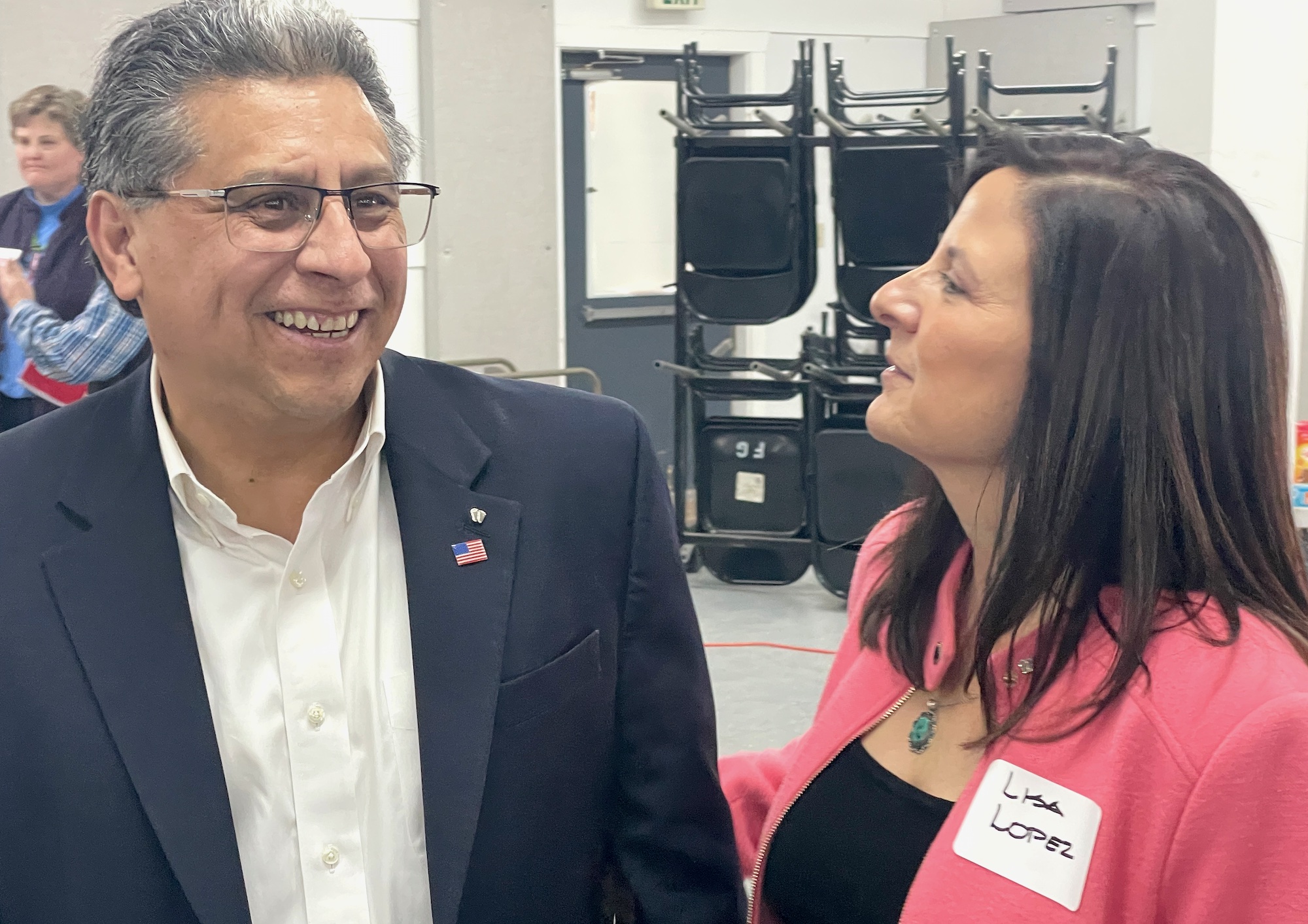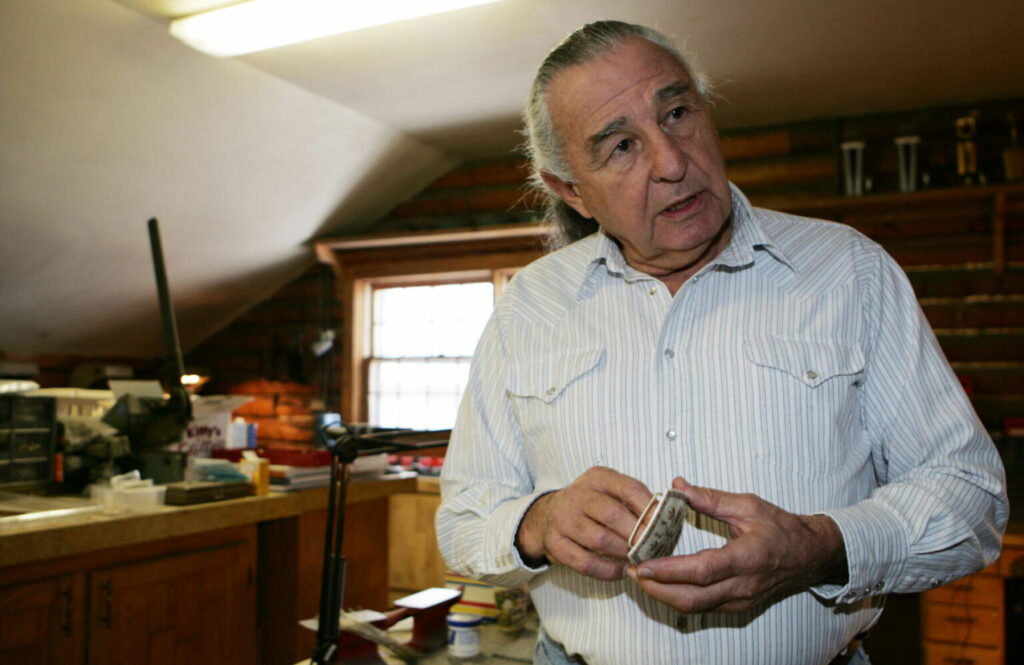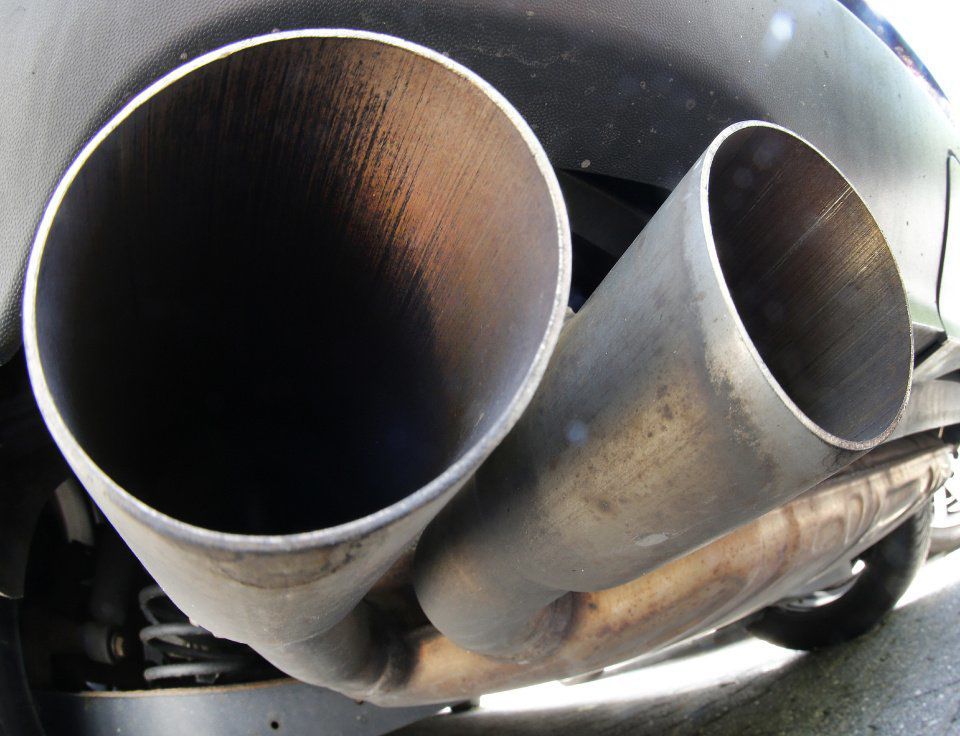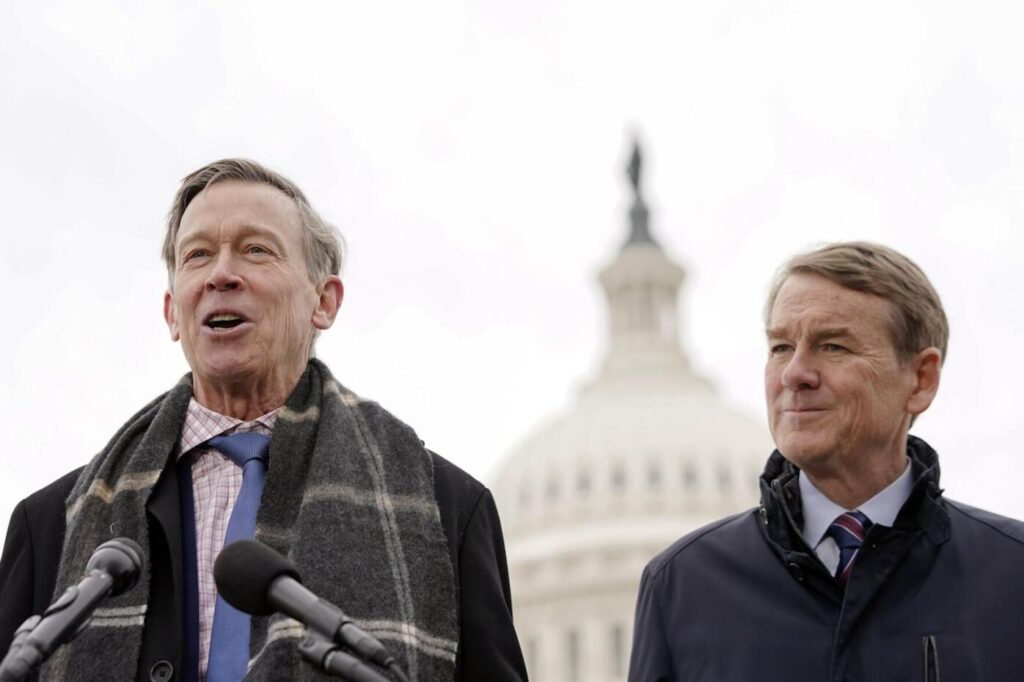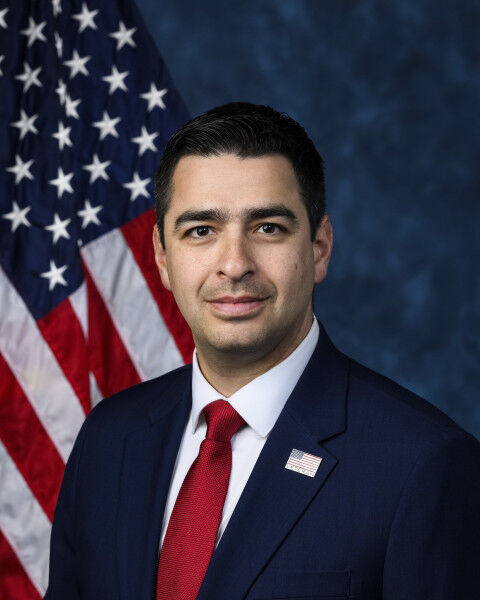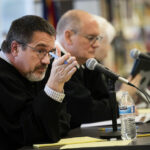Republicans pick Greg Lopez to for Ken Buck’s seat, court warns against questioning service animals, Lakewood rejects eliminating low-level crimes | WHAT YOU NEED TO KNOW
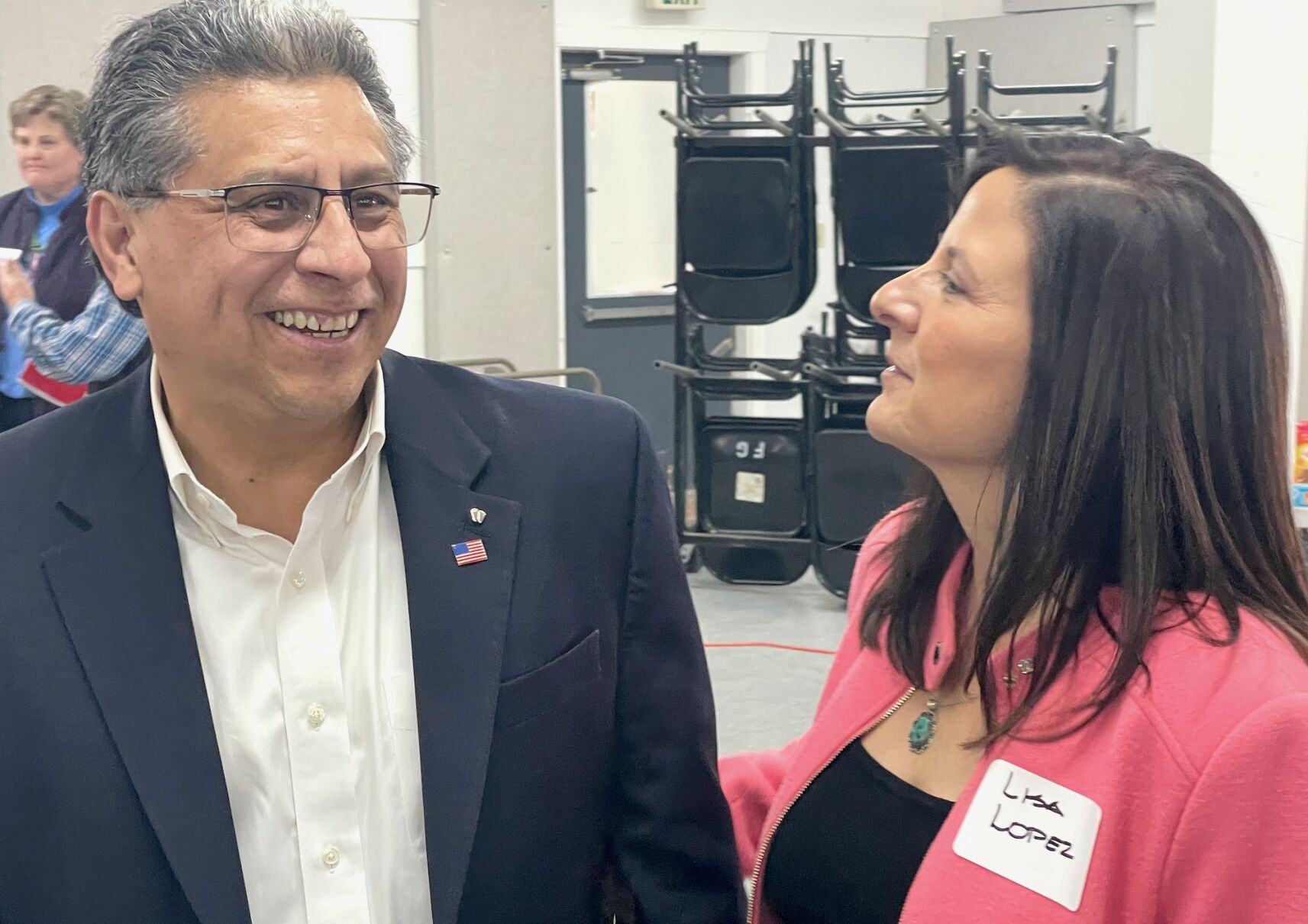
Today is March 29, 2024, and here’s what you need to know:
A Republican committee on Thursday night nominated Douglas County Republican Greg Lopez to run in a June special election to serve out the remainder of former U.S. Rep. Ken Buck’s term.
Pitching himself as a “placeholder” candidate, Lopez argued that since he isn’t running in the June 25 Republican primary for Buck’s seat – which will appear on the same ballot as the special election – his nomination wouldn’t tilt the scale toward any of the primary candidates and instead let voters decide who to nominate for a full term.
It took six rounds of balloting by the roughly 100 members of the GOP’s 4th Congressional District central committee at a convention in Hugo before Lopez won a majority of the delegate vote.
Colorado’s second-highest court on Thursday warned that public entities may not ask a disabled person to provide more information about their service animal than what federal regulations allow, regardless of whether they harbor “legitimate suspicions” about the animal’s status.
A three-judge panel for the Court of Appeals determined it was a “close call” whether Dustin Stalder, a former Colorado Mesa University student, had demonstrated a jury could deem his dog a service animal. Ultimately, the panel reinstated Stalder’s disability discrimination lawsuit after agreeing his testimony about training the dog himself could provide sufficient proof.
At the same time, the panel rejected a line of argument from the university that public entities may ask for proof of a service animal’s training when they have legitimate suspicions. Although some federal courts endorsed that practice in the past, Judge Ted C. Tow III explained recent regulations under the Americans with Disabilities Act have taken such inquiries off the table.
The Lakewood City Council on Monday flatly rejected the idea of removing “low-level” crimes, such as trespassing and public urination, particularly when committed by homeless people.
The city’s civic awareness subcommittee, which raised the idea, had asked the council to approve researching the effects of eliminating what it called “crimes of being homeless” or “survival crimes.”
Lakewood’s councilmembers turned the proposal down, 10-1.
“I can’t imagine telling a voter that we said we are going to be getting rid of the consequences to crime,” said Lakewood Mayor Wendi Strom.
Colorado’s second-highest court on Thursday agreed a group that spent $4 million backing conservative causes on the ballot in 2020 is required to disclose its contributions and spending, and pay a $40,000 fine for failing to register as an advocacy group.
A trial judge previously believed Unite for Colorado, which spent roughly $17 million during 2020, was not subject to the registration and disclosure requirement because its $4 million spent across multiple ballot initiatives was not substantial enough when broken down issue-by-issue.
However, a three-judge panel for the Court of Appeals rejected the idea that Unite for Colorado could spend millions of dollars on ballot measures and still be shielded from the requirement to register and disclose. The panel further rebuffed Unite for Colorado’s argument that compelling it to follow campaign finance law would violate its First Amendment rights.
Crystina Page was one of several people who testified at the state Capitol in favor of tightly regulating the funeral industry. To her and others who back the bill, the scandals that have erupted just in recent months wouldn’t have occurred with stricter regulations.
Others, however, worry about proposed regulations’ effect on the industry’s workforce and argued that they would saddle rural communities.
Colorado is the only state in the nation that does not regulate mortuary science professionals, such as funeral directors, cremationists and embalmers. Sponsors said Senate Bill 173 would address that gap by imposing regulations on the industry, including educational prerequisites and licensing standards to ensure competence and accountability within the industry.
